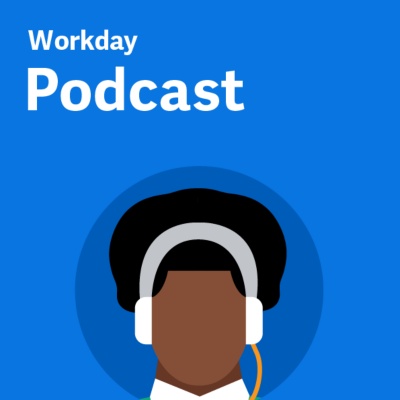Changing Our View of Data
Across many organisations the need for simplification is driven by managing ever-increasing volumes of data. It is one of the greatest challenges facing IT leaders. As Samodien points out, quite often this requires a change in mindset across the organisation that takes time to cultivate.
“We did really well over the last five years in making cloud a part of our culture. So these days, at senior levels within the organisation, there's no debate around what's cloud, and whether it is necessary. Everyone talks cloud. We want to get data to that same level. We want everybody to be able to understand what data means, talk about data as a language within the organisation. And that's the effort we are focusing on now – driving that cultural change, driving that literacy and the skill level up.”
Companieh faces a similar test at Cushman & Wakefield. “The biggest challenge from a data perspective is change management, not necessarily the data itself. Data is the easy part. Firstly, it's changing the business mindset to understand that it's not technology that owns the data. Secondly, it’s understanding why collecting key data at the source the first time affects the ability to then integrate it across your ecosystem, and overcoming the tendency to drive out individualised assets of data everywhere. So with the Workday platform for us, things like property, location, and employee asset information are really key for us to be able to standardise and then have augmented by service line levels of data.
Paul Wright, CIO at vehicle components-maker Accuride, agrees that centralisation is key. “One source of the truth is probably the most important thing. If you can convince people that, "If you go here, we can answer any of your questions," then you'll get more buy-in”.
For AstraZeneca, a science-led company, the world is slightly different, explains Smith. “We talk about what science can do. Science is underpinned by evidence. Evidence is underpinned by data, right? So the volume of data that we're dealing with is petabytes upon petabytes of data. So the scale is huge, huge, huge. Provenance and chain of custody is a real challenge in an organisation like ours. Identifying that true golden source, that true owner, for me is one of the biggest challenges that we face.
What advice would Smith give to others who are similarly wrestling with vast volumes of data? “I would say invest in cataloguing early, right? Understand what data you've got. Understand who owns it. Understand what it's being used for. And then everything that comes after that becomes much easier because you don't have to reinvent the wheel.”








